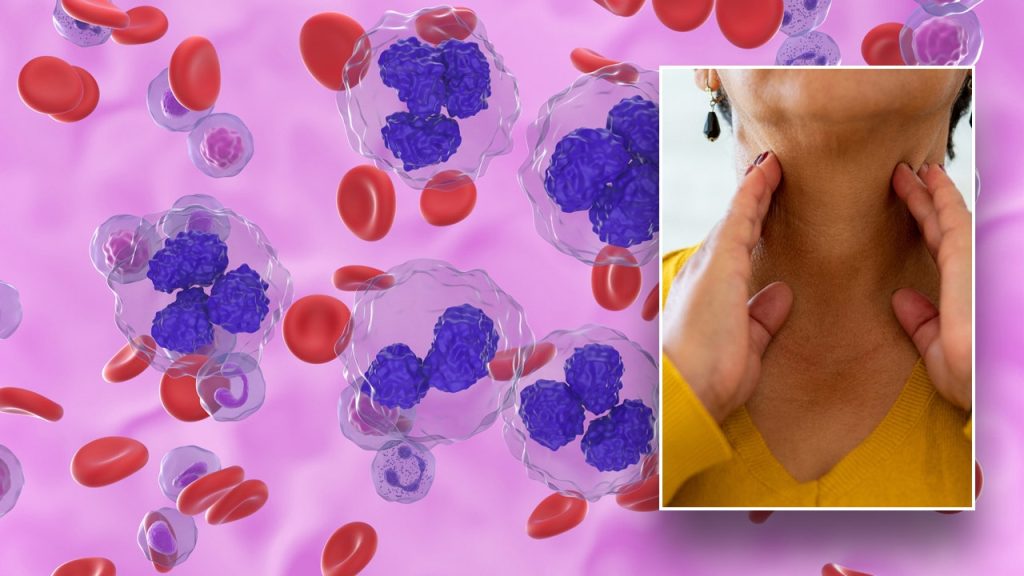Lymphoma is a type of blood cancer that affects the lymphatic system, which is a part of the immune system. There are two main types of lymphoma – Hodgkin and non-Hodgkin, with non-Hodgkin being the more common of the two, accounting for about 90% of all cases. There are over 90 different subtypes of lymphoma that have been identified by scientists. Lymphoma can spread from the lymph nodes to other parts of the body, making it a serious cancer, but it is also very curable.
Common symptoms of lymphoma include enlarged lymph nodes, fever, chills, weight loss, fatigue, and easy bruising or bleeding. “B symptoms” such as drenching night sweats, unexplained weight loss, and fever without infection can also be signs of non-Hodgkin lymphoma. If someone experiences any of these symptoms, they should seek medical advice for further evaluation and potentially discuss treatment options. Lymphoma is typically diagnosed through a physical exam and confirmed with a biopsy.
Treatment for lymphoma depends on the individual patient and the severity of the cancer. For some patients, monitoring may be all that is needed if the cancer is stable. However, more severe cases may require chemotherapy, radiation therapy, immunotherapy, or a combination of these treatments. In special cases, a bone marrow transplant or stem cell translation may be necessary. Both Hodgkin and non-Hodgkin lymphoma can be treated with similar methods, but the specific treatment plan will vary based on the type and stage of the cancer.
Lymphoma is a serious cancer due to its ability to spread rapidly, but it is also highly curable. Early diagnosis and treatment can significantly improve outcomes for patients with lymphoma. Being aware of the common symptoms of lymphoma and seeking medical advice if any concerning signs are present is crucial for early detection and prompt treatment. With advancements in medical technology and research, the prognosis for lymphoma patients continues to improve, offering hope for those diagnosed with this type of blood cancer.
Overall, lymphoma is a type of cancer that affects the lymphatic system and can manifest in various ways, including different subtypes such as Hodgkin and non-Hodgkin lymphoma. Awareness of the common symptoms and risk factors associated with lymphoma is important for early detection and treatment. While lymphoma is a serious cancer, it is also highly curable, especially if diagnosed and treated promptly. Treatment options for lymphoma include chemotherapy, radiation therapy, immunotherapy, and stem cell transplantation, depending on the individual patient’s condition and the stage of the cancer. With advancements in medical research and treatment strategies, the outlook for patients with lymphoma continues to improve.


